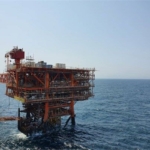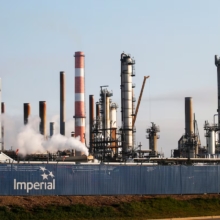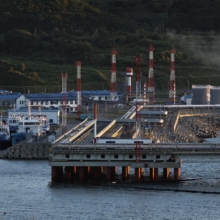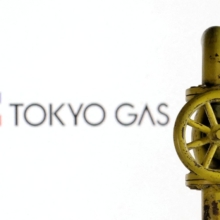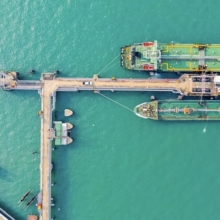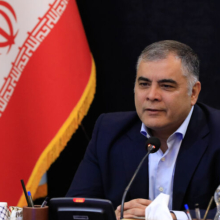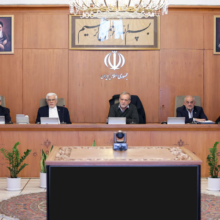Iran has challenges ahead for its hydrogen fuel strategy
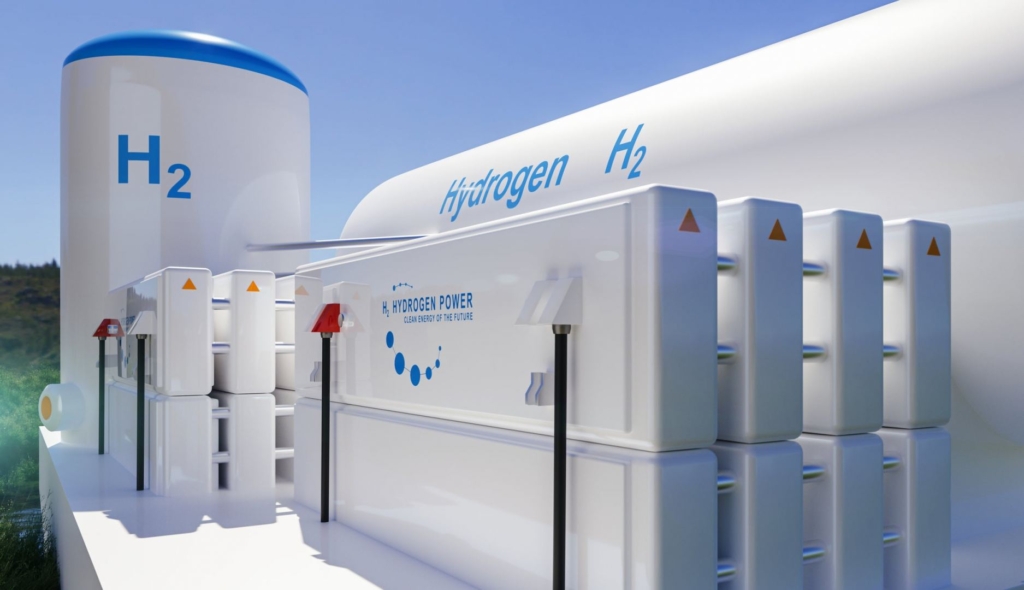
RoydadNaft – Iran might be a superpower when it comes to the oil and fossil fuel industry but in terms of hydrogen fuel and other cleaner sources of energy, the country is struggling.
The nation has abundant renewable energy and natural gas resources but has yet to solidify its presence.
When it comes to hydrogen fuel, the ultimate clean form is often seen as its green form, that is, when it is produced using water electrolysis powered by renewable electricity such as wind or solar energy. That said, the most common way to produce H2 is using natural gas, which is a carbon emission producing method. Still, despite Iran’s resources in both areas, it has not made itself a major player in H2 production.
Many energy experts predict that H2 will become a critical energy source and that by 2050, it will reach a massive annual value around $700 billion. Still, Iran has not found itself along that market’s path.
Hydrogen fuel in all its forms is often valued as a cleaner energy because it is emission-free.
Indeed, its production may produce greenhouse gas emissions, or it may not, determining the actual cleanliness of the energy, but when it is used in fuel cells, its only emission is water vapor. That said, it can also be used in combustion, which – depending on the process used – can produce carbon emissions, though they are substantially lower than those emitted by burning fossil fuels such as coal, gasoline, diesel, or natural gas, among others.
Iran’s energy security is experiencing growing vulnerabilities because of geopolitical and market risks, in addition to global clean energy trends, particularly in the Persian Gulf’s South Pars field.
Energy and economic security
In order to boost its security and resilience in the energy sphere, the country will need to diversify the sources of the energy it produces. Renewables and hydrogen fuel will only play an increasingly important role in these efforts, according to most experts. This move is in line with environmental trends worldwide and will be central not only to the energy resilience of the country but also its economic security considering that it is a major energy exporter.



